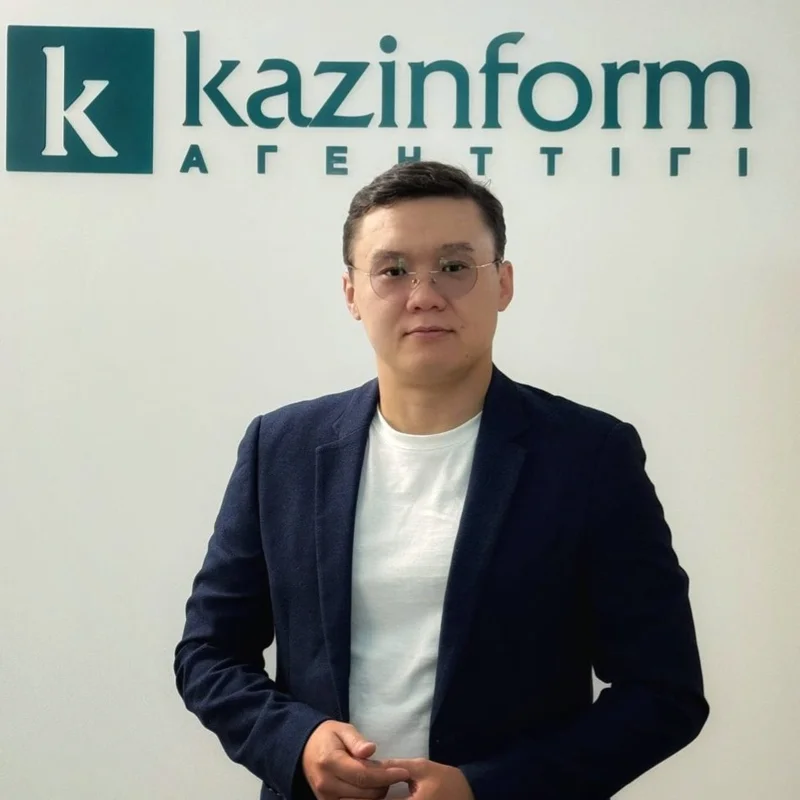Astana–Bratislava: What’s behind Robert Fico’s visit to Kazakhstan?
Prime Minister of Slovakia Robert Fico has arrived in Astana on an official visit. Today, he is scheduled to meet with President of Kazakhstan Kassym-Jomart Tokayev. A Kazinform News Agency correspondent looks into the nature of cooperation between the two countries.
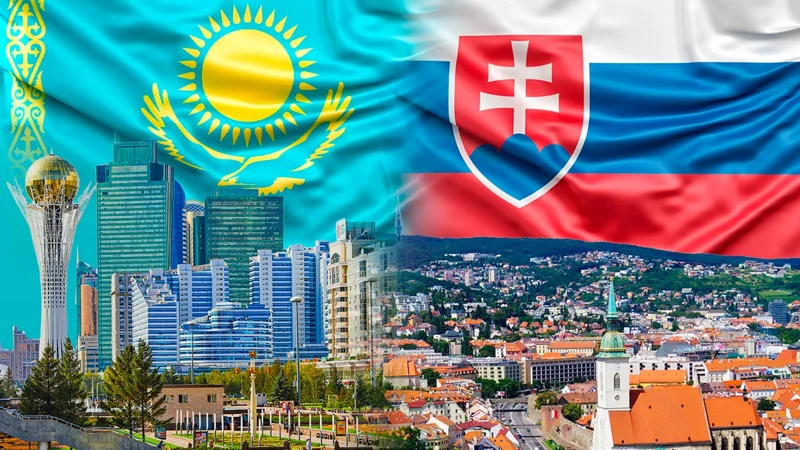
Three presidential visits from Slovakia to Kazakhstan
Kazakhstan and Slovakia established diplomatic relations in 1993. The Slovak Embassy opened in Kazakhstan in 2005, followed by the opening of Kazakhstan’s diplomatic mission in Bratislava in 2006. Since 2019, Kazakhstan has maintained a full embassy in Slovakia.
Slovak presidents have visited Kazakhstan three times: Rudolf Schuster (November 14–15, 2001); Ivan Gašparovič (March 29–31 and December 1–2, 2010). At COP29 in Baku in November 2024, Presidents Kassym-Jomart Tokayev and Peter Pellegrini also held a bilateral meeting.
To date, Kazakhstan and Slovakia have signed 26 international agreements. In 2020, three memorandums were signed in Bratislava on cooperation in forestry, tourism, and water resources. A memorandum between the foreign ministries on official development assistance has also been in force since October 2021.
Parliamentary cooperation groups with Slovakia operate in both chambers of Kazakhstan’s Parliament.
Trade up 45%
Kazakhstan-Slovakia trade has grown steadily in recent years. According to the Ministry of Trade and Integration, bilateral trade turnover reached $140.4 million in 2024—up 1.1% from $138.9 million in 2023.
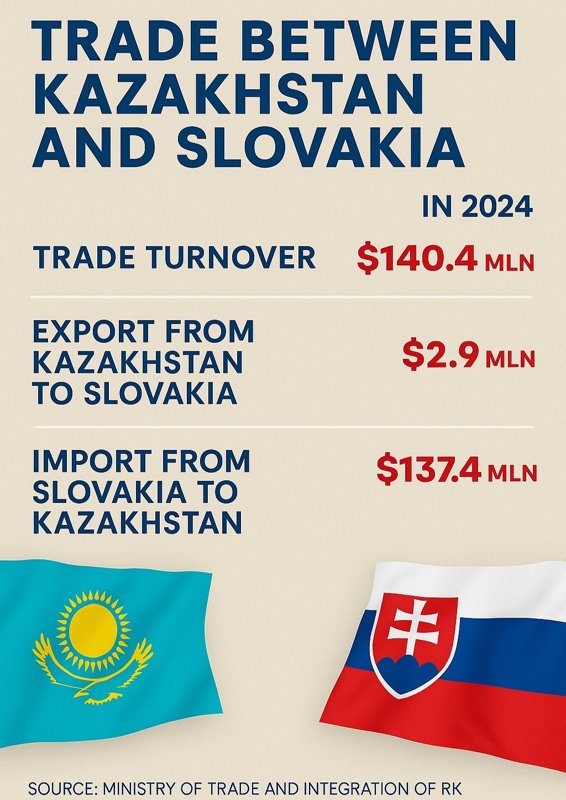
Kazakh exports to Slovakia increased by 34.6% to $2.9 million, while imports from Slovakia rose by 0.5% to $137.4 million.
Key Slovak exports to Kazakhstan include machinery, equipment, construction materials, herbicides, pharmaceuticals, food products, printed materials, textiles, and furniture. Kazakhstan exports frozen products, ferroalloys, and machine parts.
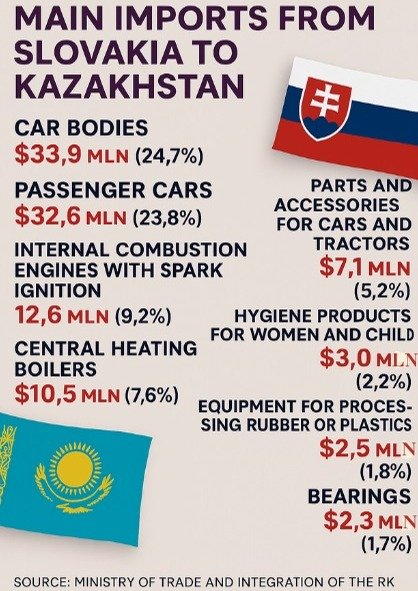
Notably, trade between the two countries surged in early 2024. From January to March, bilateral trade amounted to $31.3 million—45.2% more than in the same period of 2023 ($21.6 million). Exports from Kazakhstan more than doubled to $656,700, while imports increased by 44.2%, reaching $30.7 million.
$20 million in Slovak investments
Kazakhstan views Slovakia as a key political and economic partner in Central and Eastern Europe and the EU. An Intergovernmental Commission on Economic and Scientific-Technical Cooperation is active between the two countries. The 10th session of the commission was held in Astana in October 2024. A bilateral Trade Relations Association has also been operating since April 2023.
According to the Kazakh Ministry of Foreign Affairs, from 2005 to 2024, Slovakia invested a total of $20.7 million in Kazakhstan.
There are currently 16 joint ventures and 27 Slovak-owned companies operating in Kazakhstan, including Oftum s.r.o., which specializes in laser eye surgery; ELTECO a.s., active in power supply systems; KANTO METAL s.r.o. and CSBC spol s.r.o., which develop and supply chemical reconnaissance equipment for the defense sector; CME Slovakia s.r.o., engaged in medical diagnostics technology; IshPumpsOlomuc, which manufactures pumps and valves for power plants; and PROGAST spol. s.r.o., providing integrated solutions for the meat processing industry.
What does Kazakhstan gain?
According to the Akorda press service, Tokayev and Fico are expected to discuss expanding the Kazakh-Slovak partnership. Political analyst and international relations expert Zhanat Momynkulov notes that the relationship is primarily driven by economic and investment interests.
“Slovakia is important to us in several areas. It has extensive experience in industrial technologies, particularly equipment manufacturing and automation. It is also well-developed in agriculture, clean production, and agrotechnology. Kazakhstan can learn from Slovakia’s expertise in healthcare, pharmaceuticals, and medical equipment,” said Momynkulov.
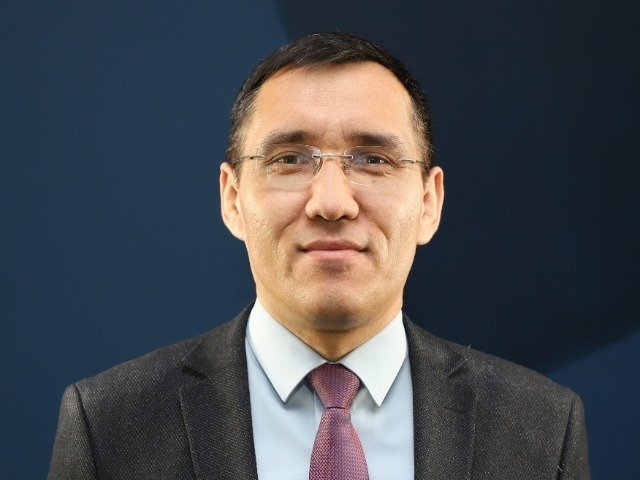
He also sees strong potential for joint renewable energy projects. In the area of transport, Kazakhstan’s strategic role in the Middle Corridor could make it a key partner for Slovakia in facilitating trade between China and Europe.
Kazakh language courses and cultural exchanges
Kazakhstan and Slovakia attach great importance to cultural and humanitarian ties. A memorandum on education cooperation was signed in 2009. Agreements between universities allow Kazakh and Slovak masters and doctoral students to undertake internships in each other's countries. Currently, 397 Kazakh students are studying in Slovakia.
In 2020, the Slovak Academy of Sciences received over 200 donated volumes of works by Kazakh poet Abai, followed by the first-ever Slovak translation of his "Book of Words." In March 2021, the book 101 zážitkov z Kazachstanu (“101 Impressions of Kazakhstan”) was launched online.
In 2023, Kazakhstan organized ethnocultural exhibitions in three Slovak cities—Bratislava, Šamorín, and Banská Bystrica. The Kazakh Information and Cultural Center at the Kazakh Embassy in Slovakia opened free Kazakh language courses in March 2024.
During the “Week of Slovak Libraries” in 2024, a Kazakh poetry collection by Magzhan Zhumabay was presented in Slovak for the first time. A Slovak-language edition of Kazakh folk tales titled The Magic Garden was showcased at the State Library in Banská Bystrica.
Concerts by Kazakh cultural ensembles and Kazakh Film Days are regularly held in Slovakia.
Who is Robert Fico and what is Slovakia known for?
Slovakia is a parliamentary republic in Central Europe, bordered by Hungary, Poland, the Czech Republic, Austria, and Ukraine. It has a population of 5.42 million and is divided into eight regions with capitals including Bratislava, Trnava, Nitra, Trenčín, Žilina, Banská Bystrica, Prešov, and Košice.
The country is a global leader in automobile production, with four major car manufacturers operating there. Known as the “land of castles,” Slovakia has about 200 castles and fortresses, many protected by UNESCO. It is also home to Europe’s oldest national park, founded in 1949.
Peter Pellegrini became president on June 15, 2024. Prime Minister Robert Fico has served since October 25, 2023—a position he has now held three times. Born in 1964 in Topoľčany (then Czechoslovakia), Fico graduated from Comenius University’s Faculty of Law with a doctorate in legal sciences, specializing in criminal law.
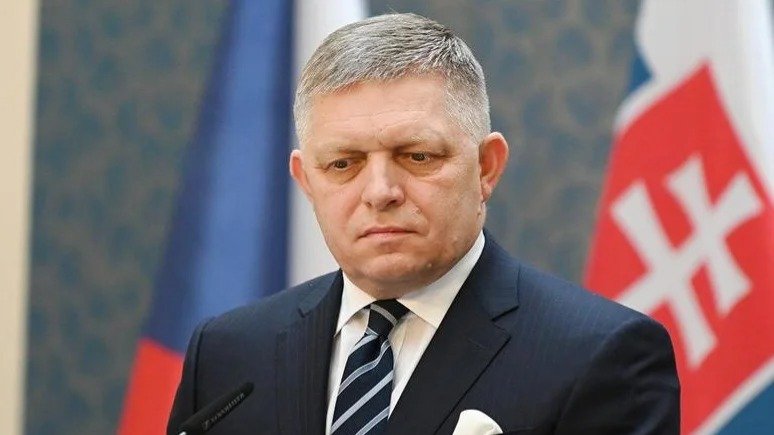
He launched his political career in the 1990s and founded the left-wing Direction – Social Democracy (SMER–SD) party in 1999. After the party’s 2006 parliamentary victory, Fico formed a governing coalition and became prime minister on July 4.
In 2010, despite winning the most votes, he was unable to form a government and resigned. His party returned to power in 2012 with 44.4% of the vote, and Fico became the first leader of a single-party government in modern Slovak history.
During his 2012–2017 terms, Slovakia saw stable economic growth. GDP grew by an average of 2.7% (compared to 2.5% EU-wide). The budget deficit decreased from €3.06 billion in 2012 to €1.09 million in 2017. Inflation fell from 3.6% to 1.4%, and public debt was brought down from 52.2% to 50.9% of GDP.
In October 2023, Fico, at 60, returned to office after SMER–SD won parliamentary elections again.
On May 15, 2024, an assassination attempt was made on Fico in the town of Handlová. He was shot three times after a cabinet meeting. A five-hour surgery followed. On May 20, his condition was reported to be improving, and on May 31, he was discharged for home recovery.
President Tokayev condemned the attack and wished Fico a speedy recovery.
Robert Fico is married and has a son.
Earlier, it was reported that Prime Minister of Slovakia Robert Fico is scheduled to pay an official visit to the Kazakh capital, Astana, on June 10–11, 2025, at the invitation of President Kassym-Jomart Tokayev.
